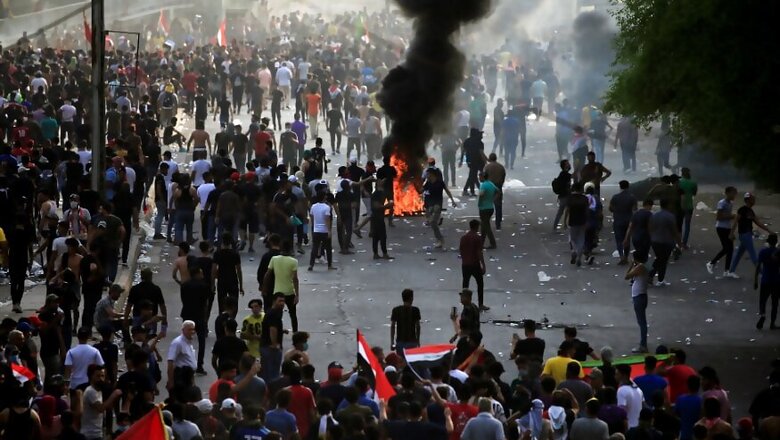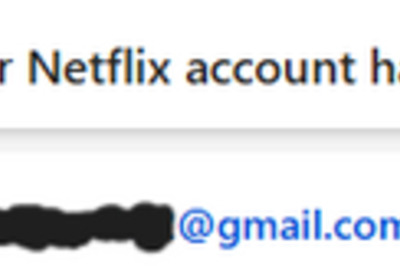
views
Baghdad: Iraqi security forces cleared three flashpoint bridges in Baghdad of anti-government protesters on Saturday, using stun grenades and tear gas amid heavy clashes, while three more protesters were killed in the southern city of Basra overnight.
Mass protests erupted in Baghdad and across southern Iraq last month, calling for the overhaul of the political system established after the 2003 U.S.-led invasion.
The demonstrations and a heavy-handed security response have resulted so far in more than 250 deaths.
In the capital, demonstrators were pushed back under clouds of tear gas from the Sinak bridge to the nearby Khilani square, where 35 people were wounded, according to medical officials who spoke on condition of anonymity in line with regulations. Security forces moved on to regain control of two other bridges nearby, Ahrar and Shuhada.
The bridges span the Tigris and give access to the heavily fortified Green Zone, the seat of government. Protesters have tried to force their way across on an almost daily basis.
The day before, authorities found a bomb under the Sinak bridge, and carried out a controlled explosion of it, according to state television.
In the southern city of Basra, three more protesters were killed overnight, raising to eight death toll since Thursday. Clashes with security forces also led to wounded in other parts of southern Iraq, including the city of Nasiriyah, according to security officials.
The demonstrators complain of widespread corruption, lack of job opportunities and poor basic services, including regular power cuts, despite Iraq's vast oil reserves. They have rejected government proposals for limited economic reforms, and instead called on the country's political leadership to resign, including Prime Minister Adel Abdul-Mahdi.
"We consider the peaceful protests of our people as among the most important events since 2003," Abdul-Mahdi said in a statement Saturday that vowed to meet the protesters' demands for wide-ranging reforms. He added that electoral reforms would be put forward soon along with "an important government reshuffle" in response to the protests against the sectarian system imposed in 2003, though the statement didn't provide further details.
The prime minister also acknowledged that the state had blocked the internet in the country.
Shortly after the statement's release, internet on the cellular telephones resumed for half an hour before it was cut again.
Netblocks, a group that monitors worldwide internet access, reported a major shutdown by Iraqi authorities as of Monday, with usage in Baghdad and southern Iraq dropping to 19% of normal levels. It said the internet was partially restored early Tuesday, but that "some networks are still offline and social media and messaging apps remain blocked or degraded."
Authorities shut down internet access and blocked social media sites several times during the protests in October, but Netblocks said the latest shutdown was the most severe yet.

















Comments
0 comment